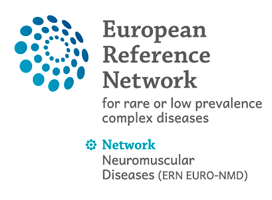24 Jul 2000
Practice parameter update: the care of the patient with amyotrophic lateral sclerosis: multidisciplinary care, symptom management, and cognitive/behavioral impairment (an evidence-based review)
Authors:
Miller RG, Jackson CE, Kasarskis EJ, England JD, Forshew D, Johnston W, Kalra S, Katz JS, Mitsumoto H, Rosenfeld J, Shoesmith C, Strong MJ, Woolley SC; Quality Standards Subcommittee of the American Academy of Neurology.
OBJECTIVE:
To systematically review evidence bearing on the management of patients with amyotrophic lateral sclerosis (ALS).
METHODS:
The authors analyzed studies from 1998 to 2007 to update the 1999 practice parameter. Topics covered in this section include breaking the news, multidisciplinary clinics, symptom management, cognitive and behavioral impairment, communication, and palliative care for patients with ALS.
RESULTS:
The authors identified 2 Class I studies, 8 Class II studies, and 30 Class III studies in ALS, but many important areas have been little studied. More high-quality, controlled studies of symptomatic therapies and palliative care are needed to guide management and assess outcomes in patients with ALS.
RECOMMENDATIONS:
Multidisciplinary clinic referral should be considered for managing patients with ALS to optimize health care delivery and prolong survival (Level B) and may be considered to enhance quality of life (Level C). For the treatment of refractory sialorrhea, botulinum toxin B should be considered (Level B) and low-dose radiation therapy to the salivary glands may be considered (Level C). For treatment of pseudobulbar affect, dextromethorphan and quinidine should be considered if approved by the US Food and Drug Administration (Level B). For patients who develop fatigue while taking riluzole, withholding the drug may be considered (Level C). Because many patients with ALS demonstrate cognitive impairment, which in some cases meets criteria for dementia, screening for cognitive and behavioral impairment should be considered in patients with ALS (Level B). Other management strategies all lack strong evidence.

